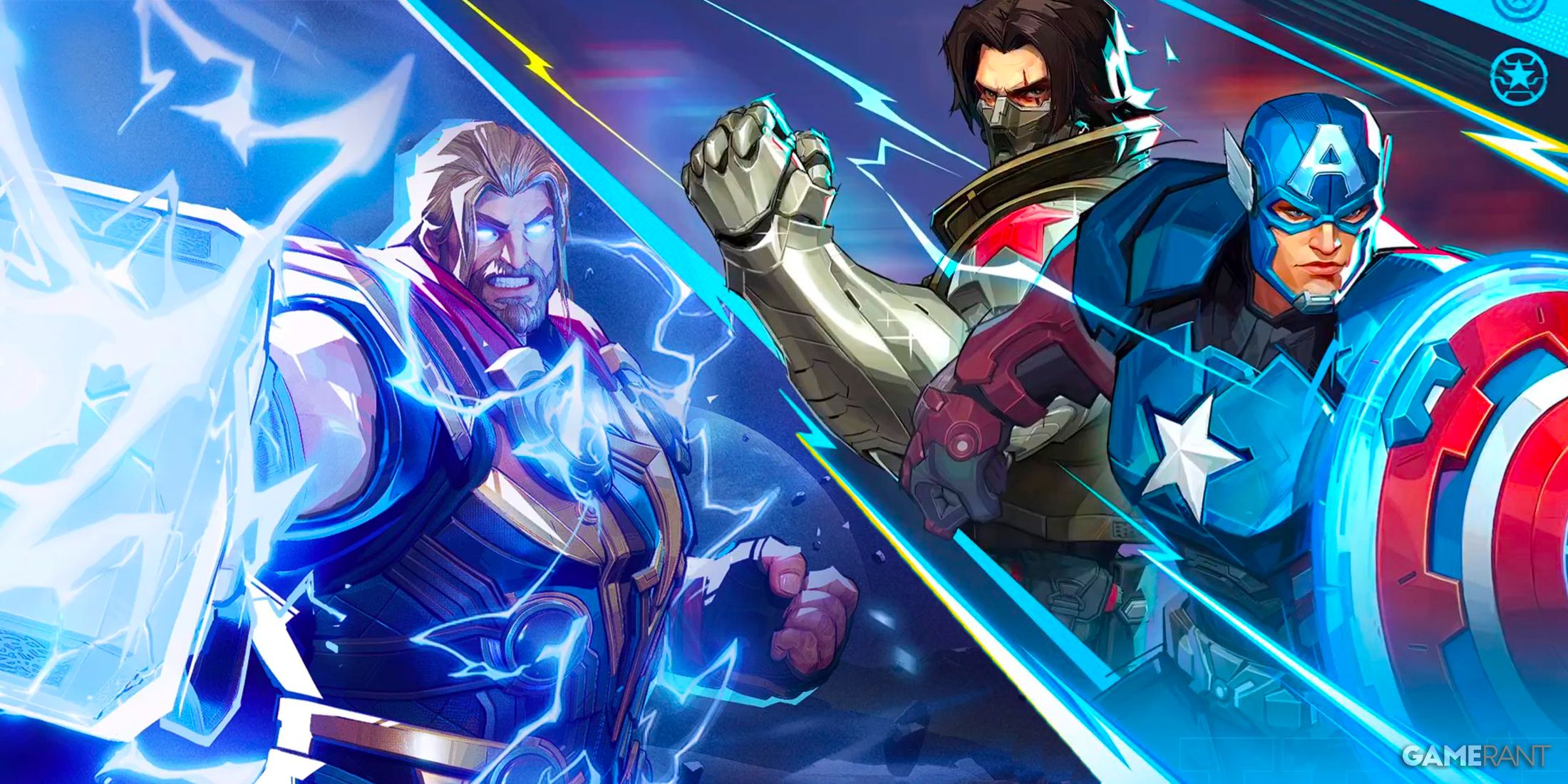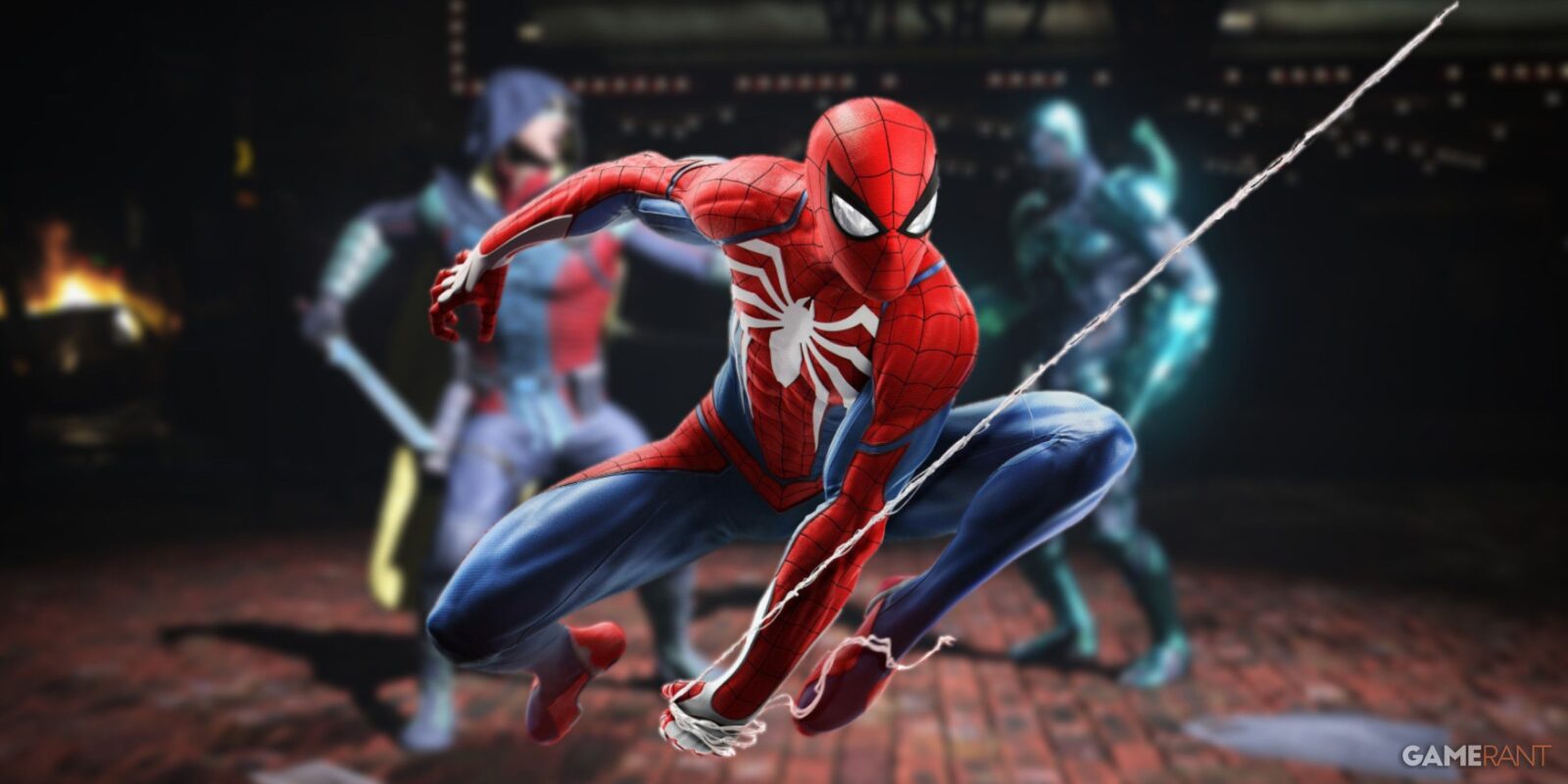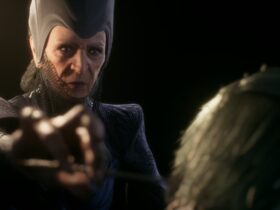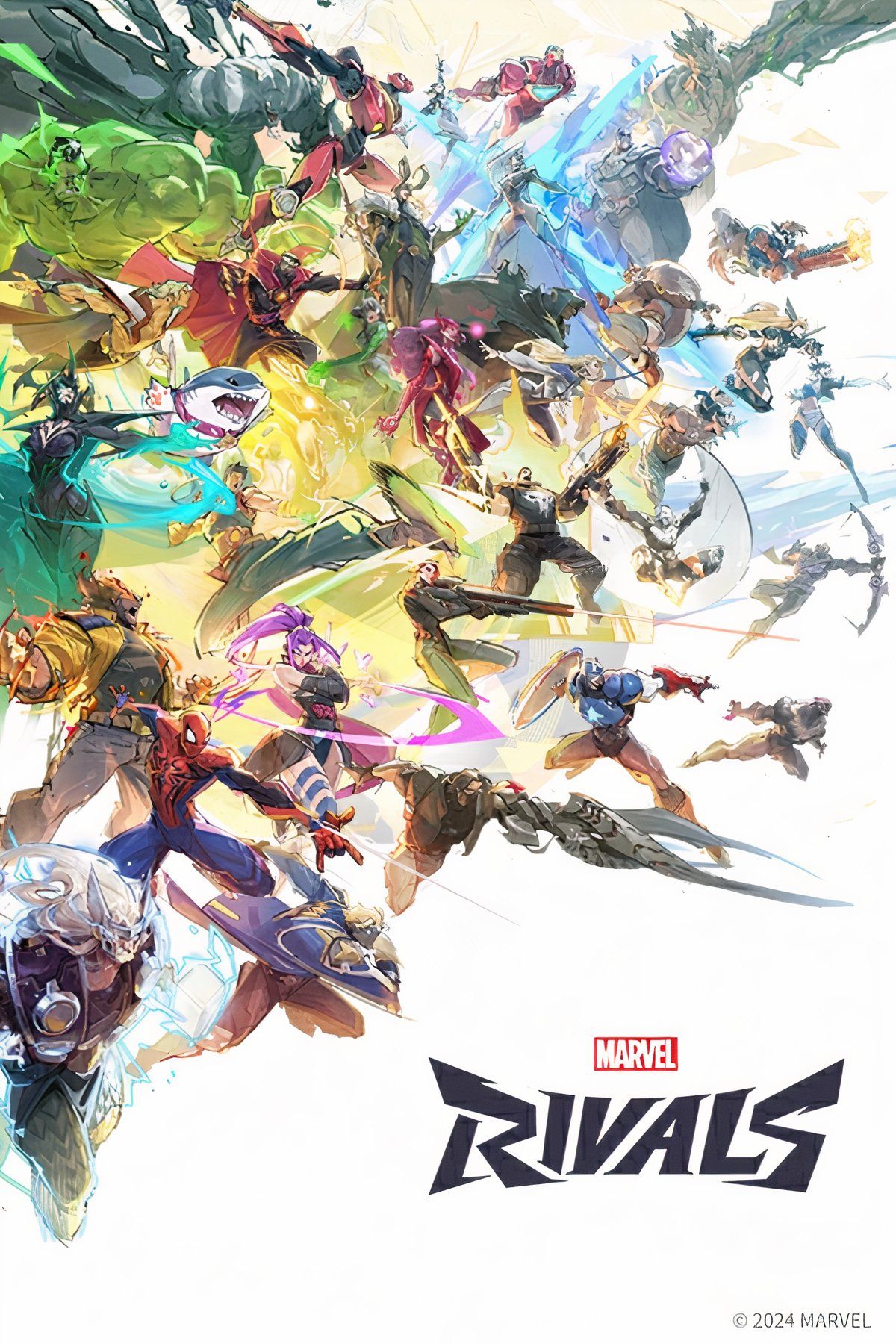Marvel Rivals is rocking superhero fans’ worlds right now, but it can’t be expected to be the last game of its kind. Indeed, if the superhero industrial system has taught audiences anything, it’s that there will always be more potential for fresh (and not so fresh) experiences centered on beloved characters, and superhero video games arguably provide the most fertile soil for such experiences, as interactivity adds a valuable new dimension.
So while NetEase continues to hammer away at Marvel Rivals, other game studios will no doubt be looking to throw their hat in the ring for a chance to develop these coveted IP. One such entity could be Injustice and Mortal Kombat developer Netherrealm Studios, which has long been rumored to be planning a Marvel version of its successful DC fighting series. Granted, these rumors are far from substantiated, and may have spawned out of little more than wishful thinking on the part of Injustice fans. But nevertheless, the idea of a fully fleshed-out Marvel fighting game from Netherrealm is enticing, and not just because of its presumably strong gameplay: it could deliver a haymaker of a narrative as well.

Related
The Unwritten Rules of Marvel Rivals Explained
Marvel Rivals has its own set of unwritten rules for success, and players looking to improve at the game would be wise to follow them.
A Netherrealm Marvel Game Could Sidestep Multiverse Shenanigans
Marvel Rivals and the Prevalence of Multiverse Stories
The multiverse is currently the “hot thing” in mass-media, blockbuster storytelling. In some ways, it echoes the trend of crossover content, which became so widespread after the success of the Marvel Cinematic Universe. However, while crossovers and shared universes can often be interesting and carry little narrative risk when done correctly, multiverse storytelling is a much trickier beast to tame.
The concept of the multiverse offers, essentially, unlimited possibilities for storytelling. This makes it a compelling premise for game developers, as it means that they can conjure up any manner of gameplay scenarios with plausible narrative justifications. There’s no need to jump through hoops when designing a game like Marvel Rivals, as any narrative oddity can be explained by the concept of the multiverse.
But implementing multiverse concepts into a broader narrative can have devastating effects, the primary one being the elimination of stakes. An example of this can be seen in the MCU itself: major characters like Loki and Gamora may die, but they are effectively replaced by different multiverse versions of them who, while perhaps different in temperament at first, ultimately wind up assuming the same personalities as their original counterparts. This isn’t to say that multiverse stories can never be good, but it can be difficult to take a story seriously when any consequence can be wiped up through interdimensional means, or when nothing really matters, because there are infinite realities with infinite outcomes.
Injustice May Offer a Good Blueprint for a Future Marvel Fighting Game Story
The first Injustice follows the narrative of the comic of the same name: after being tricked by the Joker into killing a pregnant Lois Lane, Superman kills the villain and implements a harsh, totalitarian regime. Being the most powerful being on the planet, virtually every major government bends to Superman’s will, allowing him complete control over the world, which often manifests in violent ways, such as through the execution of inmates at Arkham Asylum.
It’s a surprisingly dark and confronting story, and it only works because its events have real consequences. When a character dies, it means something, because they don’t just have a multiverse backup waiting to step in, and when a character commits an evil act, it’s actually them committing it, not an evil multiverse variant. Injustice takes place in a separate universe from the main DC Comics timeline, which is what allows for such narrative leaps. If Netherrealm, or some other studio, were to move forward with a Marvel fighting game of a similar kind, then perhaps this same strategy could make for a good starting point.














Leave a Reply